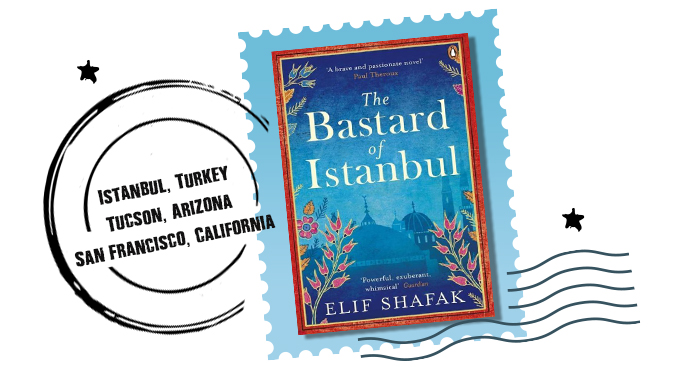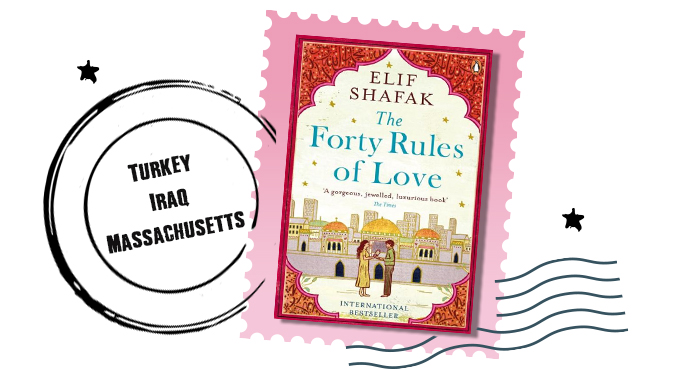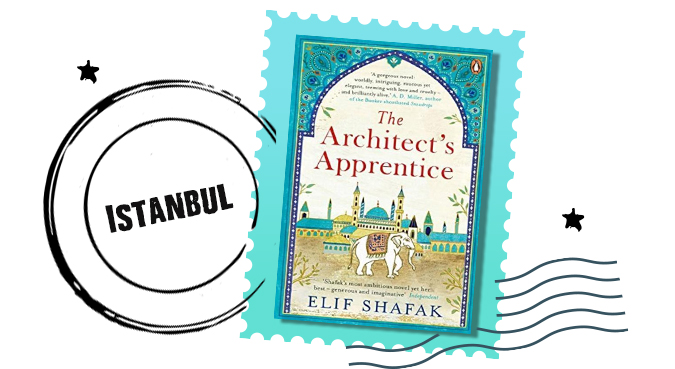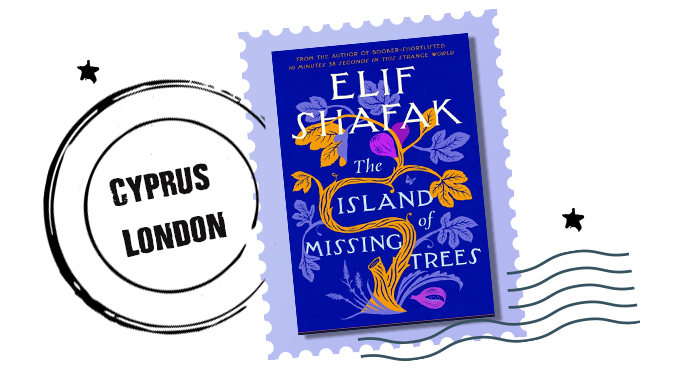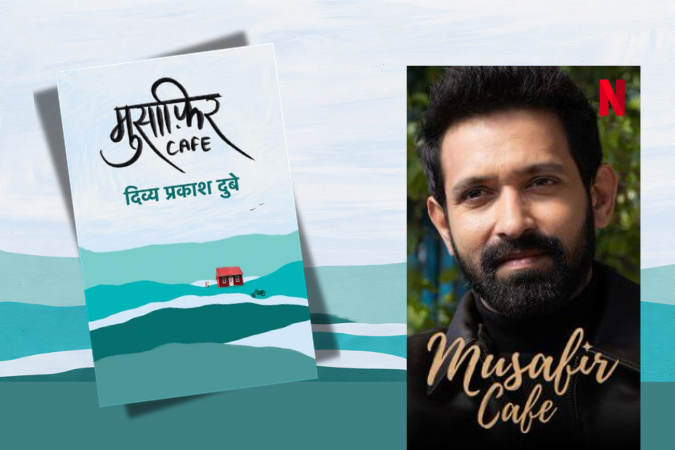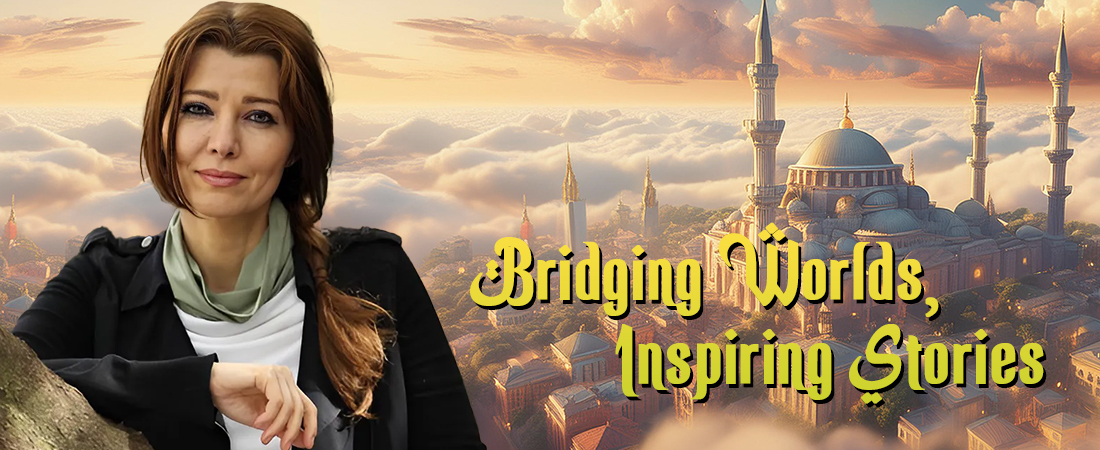
With a pen that dances between cultures and a mind that bridges worlds, Elif Shafak is one of the most compelling authors of contemporary literature in our time. From the bustling streets of Istanbul to the ethereal rivers in the sky, Elif Shafak’s writing style takes readers on journeys that transcend borders, challenge perceptions and savour the very essence of the human condition.
Who is Elif Shafak?
Elif Shafak is an award-winning Turkish-British novelist, public intellectual, and activist who has earned a dedicated readership worldwide with her unique blend of Eastern and Western storytelling.
Her breakout moment came in 2006 with The Bastard of Istanbul which sparked global attention and controversy in Turkey due to its exploration of the Armenian genocide.
The trademark Elif Shfak writing style is lucid, while exploring themes of identity, feminism and cultural diversity, which is one of the top reasons for earning her a place among the world’s top influential authors of critical acclaim.
Beyond literature, Shafak is known for her TED Talks, where she shares her perspectives on cultural issues and the power of storytelling.
Elif Shafak Books: A Timeline
Here’s tracing the chronological trajectory of Shafak’s most popular works that have captivated millions of readers worldwide.
Shafak’s international breakthrough came with The Bastard of Istanbul, a novel that intertwines the lives of Turkish and Armenian families, following the story of Asya, a rebellious Turkish girl, and her Armenian-American cousin Armanoush, as they uncover their shared, buried past. This book tackles the sensitive topic of the Armenian genocide, showing how this historical event shaped personal identities and family dynamics. The novel’s vivid characters and intricate plot demonstrate Shafak’s ability to weave complex narratives that bridge cultural divides.
The Forty Rules of Love is perhaps Shafak’s most beloved work. This novel parallels the story of a modern-day American housewife with that of the 13th-century poet Rumi and his spiritual mentor, Shams of Tabriz. Through exploring love, spirituality and self-discovery, the book gently introduces readers to Sufi philosophy. With its timeless themes and lyrical prose, the novel has resonated with readers worldwide, becoming a modern classic.
In Honour, Shafak delves into the complex issue of honour killings, weaving a tale that spans from a small village in Turkey to London. The novel examines the clash between tradition and modernity, underlining how cultural expectations can lead to tragedy. Shafak’s nuanced portrayal of characters caught between two worlds showcases her ability to tackle difficult subjects with sensitivity and depth.
Set in 16th-century Istanbul, The Architect’s Apprentice is historical fiction that brings to life the Ottoman Empire’s golden age. Through the eyes of Jahan, a young Indian elephant tamer, readers see the world of the legendary architect Mimar Sinan. This book showcases Shafak’s talent for blending fact and imagination to create a rich, immersive narrative.
Three Daughters of Eve is a thought-provoking novel that studies the role of religion, politics, and personal identity in the lives of three Muslim women. Set between Istanbul and Oxford, the themes of faith, love and the search for belonging in an increasingly complex world are the hallmarks of this coming-of-age story. Shafak’s nuanced portrayal of her characters offers a fresh perspective on contemporary issues facing Muslim women.
Shortlisted for the Booker Prize, 10 Minutes 38 Seconds in This Strange World is a poignant and powerful novel that pushes the boundaries of storytelling. It follows the memories of Tequila Leila, a sex worker in Istanbul, during the final moments of her life. Through Leila’s recollections, Shafak paints a vivid portrait of Istanbul’s underbelly and the lives of those on the fringes of society.
The Island of Missing Trees is a moving tale of love, loss and the enduring power of nature. Set between Cyprus and London, the novel explores the impact of war and displacement on individuals and families. Shafak’s innovative use of a fig tree as a narrator adds a unique perspective to this story of star-crossed lovers and intergenerational trauma.
Shafak’s most recent novel, There are Rivers in the Sky published by Penguin Random House, continues her tradition of blending magical realism with contemporary issues. The book explores themes of climate change, migration, and the interconnectedness of human experiences across the globe. As with her previous works, she offers a fresh perspective on pressing global issues through her signature lyrical prose and complex characters.
Shafak’s books offer more than just entertainment; they provide windows into different cultures, challenge preconceptions, and encourage readers to think deeply about the world around them. Meandering through a tavern in Cyprus to the quiet corners of London, Shafak’s novels invite readers to explore the complexities of human nature and the ties that bind us across cultures and generations. As she continues to write, Shafak remains a powerful voice in contemporary literature, bridging East and West and illuminating the shared experiences that connect us all.

